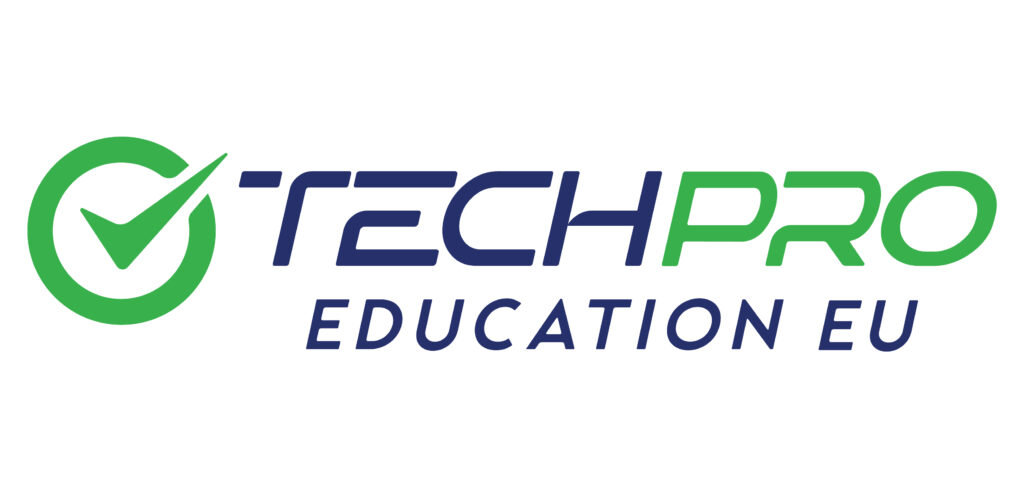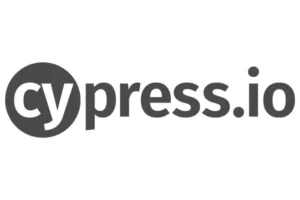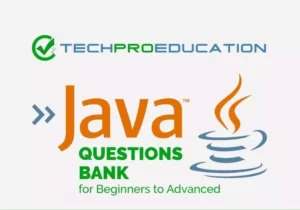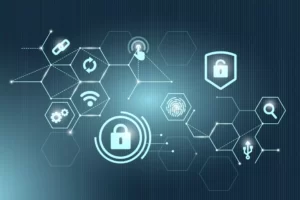If you’re planning to write custom code or modify existing functionality, you need to have a developer license in Salesforce. There are two types of developer licenses, Platform Starter and Platform Plus. Both include a set of standard objects and some customization options. The Platform Starter license offers standard functionality, such as Accounts, Contacts, and Reports. It also offers access to automation tools and mass emailing functionality. In addition, both licenses allow you to create up to 10 custom objects.
The license that you purchase is controlled by your Salesforce account. It is possible to assign different licenses to different users. If you aren’t sure which license is best for your organization, you can ask your Account Executive for a demo license. Once you have the demo license, you can switch to a different license, and reassign permissions to new users. However, it is important to remember that Salesforce is not a free app.
Salesforce license types include Platform Starter and Platform Plus. Platform Starter and Platform Plus are intended for individual users who need access to custom applications but do not require full CRM functionality. These license types include a cloud infrastructure that allows flexible app deployment, efficiency, and performance. Developer licenses are essential for building and maintaining custom apps, and the platform’s platform license will allow you to develop and use custom apps.
The OEM edition is intended for specific industries. OEM licenses can be sold to customers who already use Salesforce, or to new customers who purchase the product. Both versions require a developer license. OEM apps are typically sold as embedded apps on the AppExchange. These apps must also comply with Salesforce’s rules, including storage and data sharing. In the AppExchange, the OEM edition does not allow developers to sell apps that are not compatible with the platform’s API.
When it comes to licensing, a developer license can make the difference between success and failure. There are several types of developer licenses, and each user must have at least one. A user license gives you access to the base features of Salesforce. You can buy a permission set or a feature license if you need additional features. These licenses are often purchased separately, so be sure to consult your Salesforce partner before you buy one.
If you’re developing an application that will serve a large number of users, you need to get an ISV license. An ISV license lets you manage portals and offers basic data sharing options, but comes with certain restrictions. For example, it won’t let you participate in user groups or create an external portal. This license is most suitable for large user volumes.
Another developer license is the Lightning platform user license, which gives you access to the Lightning platform. It includes access to Chatter and a range of Salesforce objects. It also comes with
